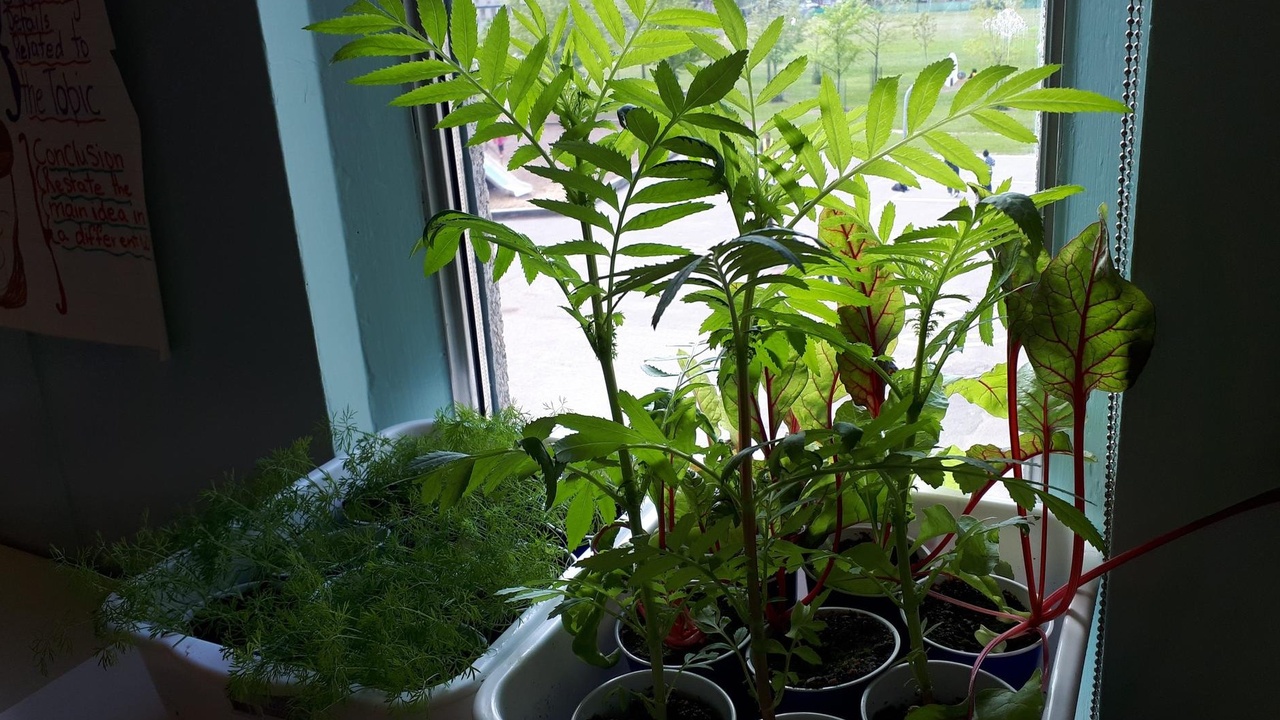
Part2-School-Garden-Lesson-Plans
Feb 26, 2021
By now, you already know that having a good series of lesson plans for your school garden is the key to creating an amazing school garden, and to gaining support from administrators towards it.
… and when you look at the disappointing results other teachers get and then look closer and realize they didn’t really have a good teaching plan, writing a good one becomes more important than ever to you!
So, if you haven’t read through PART 1 of my “School Garden Lesson Plan” training, click here to start there:
https://www.kidsgrowingcity.ca/blog/Part1-School-Garden-Lesson-Plans
Today, I’m going to walk you through the 3 key indicators that all excellent School Garden Lesson Plans have.
Ready?
3 Key Indicators are:
#1. They contain time allocation for ALL the garden work, to be done by your class.
All the seeding, planting, maintaining, watering and building (YES, even building) should be included in the lesson plans.
No work can be left for adults to do.
Depending on what type of garden you decide to build (school garden design is not our focus in this training series) even building the garden should be done as part of the hands-on learning experience of your students, as much as reasonably possible.
A fair warning: You probably will underestimate your students’ capabilities in building gardens, the first time you do it. There is a high possibility they will pleasantly surprise you. ;)
Why make the garden work so much harder than it needs to be by leaving stuff out of the lessons and left for adults to do?
Trust me when I say, you will easily find time in your day to do the garden work with your students and gardening takes a lot less time than you think and everyone says!
And the main reason this is one of the key indicators, is that a school garden belongs to students to learn in, and to teachers to teach in. Doing garden work is a learning opportunity for the students but absolutely NOT a teaching opportunity for teachers (if they do the garden work I mean).
So… stop believing that sacrificing your energy and personal time for the garden is a good thing and start focusing completely on education and proper teaching practices my friend; plan for your students to do all the work. They won’t learn if they don’t get their hands dirty!
#2. Growing the garden has to completely fit the school’s schedule.
That’s what trips most school gardener teachers actually.
Everyone knows that when you grow any garden, there’s mama-nature’s schedule that needs to be considered; the seasons!
But what most forget is the day to day and seasonal scheduling patterns of a school environment that needs to be considered on top of that.
And this is one of the main differences between other types of gardens (community, home, etc.) and school gardens.
For example, your school opens on a predetermined date, is closed on weekends and holidays, other especial occasions are celebrated and eventually it closes on a predetermined date and is closed for all summer. Right? Obviously right!
You can’t suddenly remember the garden wasn’t watered today so you jump out at 6 PM and water it, like you could with a home garden...
... and you can’t decide to start lettuce seeds in July, like you could in a community garden, because soon your students will not be there (no one will be there actually) to water the fragile seedlings and get them to fruition.
Your planting timing and your maintenance schedules need to be jotted down in your lesson plans.
#3. Your lesson plans need to be cross-connected to your math, science, social studies, and other topics in your mandated curriculum.
For each of the lesson plans that you write in your School Garden bundle, you need to have a checklist that clearly defines which parts of your mandated curriculum you are covering in it.
The educational reasons for having such checklist are obvious, but the very main reason is this: If you don’t have the curriculum connection checklist, you won’t be able to use class time for growing the garden cause it will be categorized as a waste of class time by parents and administrators!
And that’s the last thing you want. So important!
Ok… now that we know where our lesson plan writing focus should be, I’ll share with you, in the next email, my framework for writing a bundle of them that covers everything.
And yes, I have a training on the topic coming up that I will tell you about in the next email.
So… stay tuned!
Best,
Leila

